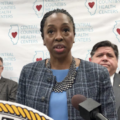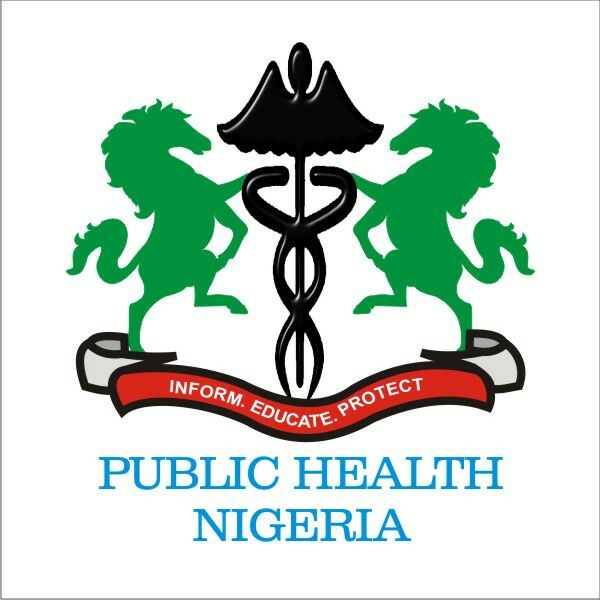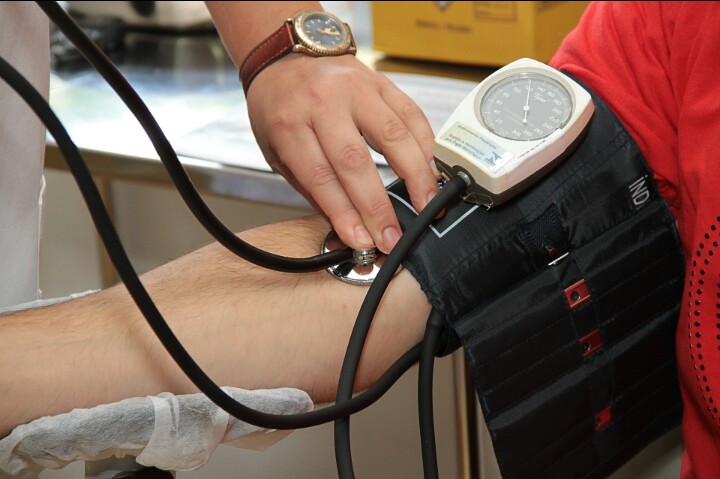What is Public Health Leadership?
Public health leadership can be defined as the capacity to guide followers or other members of a public health organization. It involves making sound and sometimes difficult decisions devoid of emotions or pecuniary interest for the benefit of the public or the institution.
It also involves creating and articulating a clear vision and mission toward achieving a specific goal. The qualities of a public health leader go a long way to determining whether he succeeds in advancing the course of public health or fails.
It is also an important factor in effectively addressing social determinants of health and health equity. A good public health leader is defined in many ways and by the public health skills and competencies, he or she possesses. Having a good knowledge base of the different components that make up public health and management is integral to the success of any public health leader and the organization he/she serves.
Also important is the good array of personal and interpersonal qualities expected of a leader. Combining these and many other attributes along with good management skills will ensure that a public health leader is prepared for and ahead of the many challenges that public health leadership comes with.
Leadership in public health is different from leadership in other fields because the field of public health itself is dynamic and always evolving, thus the methods, the promotional plans, and the target audience are also always changing. You can see examples of Worlds famous public health leaders
What are the Qualities of A Good Public Health Leader
There are public health leadership and technical skills that any leader in the public health circle needs to possess in order to effectively discharge his or her responsibilities to the organization they or represents, the people that they work with, and the population that they serve. Public health leadership skills and qualities include:
Knowledgable
Sound education and knowledge of public health problems and programs is a vital requirement of any public health leader. One of the foundational qualities of a good public health leader is sound education and good knowledge of public health problems and programs. This is because most of the time, a public health leader is elected or selected to implement, formulate or solve public health challenges. Being up-to-date on public health issues and current trends and affairs in different domains makes him/her a better public health leader. A good knowledge base will help him/her make better decisions, interact effectively with people from different cultures and give an edge in policy issues and interaction, especially in public health with its dynamic nature.
Management skills
Good management skills and competence in handling public health issues of one of the major qualities of a good public health leader. One of the major differences between leadership and management is the ability to inspire confidence. Managing regular tasks is often not enough to achieve this, especially when dealing with an audience that often resists the information. He or she must have practical skills in public health to be able to develop in conjunction with other team members’ work plans, tasks, and budgets and distribute the same in a manner that promotes synergy. An uninspiring or incompetent public health leader can destroy a program or project because volunteers, staff, and employees will quickly lose interest, stamina, and sense of purpose in the project, no matter how laudable they are. See Issues In Healthcare and Public health ethics
Leadership
The hallmark of a good public health leader is his or her ability to nurture and raise new leaders from the membership ranks. Leadership development has been identified as a priority for advancing health equity in many areas. Mentoring is a great way to raise emerging leaders in public health because it enables the leader to transmit inherent traits and drive home the importance of leadership in public health with ease. A good public health leader must be able to identify these traits of leadership and other desirable skills in others so that they can be nurtured and encouraged to blossom.
Flexibility
A good Public health leader must be flexible. Public health is interdisciplinary and dynamic, thus, leadership in public health is different from leadership in other fields. Having established its dynamic nature, the methods, the promotional plans, and the target audience are always changing. Having a flexible attribute will ensure that change from one aspect to the other will be successful so as to ensure that effective measures are put in place to minimize or avoid lost efforts. The environment within which a public health leader operates is also rapidly changing, flexibility will ensure that the team adapts to the immediate environment when fluctuations arise. Leadership also requires the ability to react to the emerging needs of the public health organization.
Communication
A good Public health leader must have good interpersonal and communication skills. Unlike conventional medical practice, public health practice deals with the population. This is why a public health leader must have good interpersonal and communication skills. Interpersonal skills are necessary for the establishment of relationships between team members, the community, and workmates. A good interpersonal skill within the public health circle often leads to a mutual exchange of ideas, information, and skills in addition to mutual respect and consideration for one another’s opinions and input. Communication achieved through this pathway enables the effective performance of duties, management of tasks, and completion of assignments. In addition, good listening ability is also among the desired public health leadership skills.
Resilient
A good Public health leader must be resilient. A good public health leader must be strong to be able to recover quickly from any unfavorable circumstance. Being resilient will enable him or her to transform failures into opportunities. A leader that is not resilient will easily be discouraged and this can quickly trickle down the line and destroy the morale of other members of the team. He or she also needs to be resilient because when dealing with communities, several issues often arise between the team and the communities or certain clashes of interest within the community that can completely destroy a project before it even commences. Staying strong will ensure that the team stays focused on the goal and objectives of the mission are achieved irrespective of perceived or prevailing circumstances.
Role Model
A good Public health leader must be a role model. Asking an active smoker to lead a campaign against smoking will send all the wrong signals, so also asking a known glutton to lead a campaign against junk food. A leader has to lay down good examples for others to follow, by taking a role model position. A good public health leader should have qualities and features that the team members and members of the community would like to emulate. Being viewed from the right perspective within the domain of operations will ensure that public health messages, programs, and projects are well received and embraced by the host community or state.
Courageous
A good Public health leader must be courageous. A good public health officer must be decisive and in order to do so, he or she must be courageous. A good public health leader ought not to be afraid of challenges or failure, otherwise, he or she will not be able to effectively discharge assigned duties. Having the courage to maintain one’s convictions or go with a gut instinct is critical for successful public health leadership. One of the traits of a courageous person is his or her ability to take risks and responsibility while admitting where an error or mistake has been committed without hesitation.
Understand Local Culture
A good Public health leader must Understand local culture politics and its implication. A good understanding of the local culture and politics and the interplay between the many factors involved are critical to the success of any public health endeavor. Having a good knowledge of this will enable a public health leader to achieve his or her goals and policy objectives because public health programs involve dealing with the population which most times involves the participation of the government either directly or indirectly. Adopting a good model of systems thinking will ensure that policies and program implementation do not suffer any form of hindrance. This quality also involves the ability to network among local and provincial organizations with similar interests to promote synergy.
Morally Upright
The moral and ethical values of a public health leader are critical, especially when dealing with societies that are conservative. In general, ethical behaviors expected of a public health professional are quite high. A good understanding of public health ethics and other moral considerations will ensure that issues that could strain the relationship with the population are anticipated and avoided. The public health field also requires that those who occupy leadership positions within public health organizations be influential outside of the organization they immediately serve. This will be almost impossible to achieve with a poor moral or ethical background.
The role of an effective leader in any field of human endeavor is not an easy one, a leader’s main role is to inspire a vision and work with others. A leader must also possess a variety of other related skills in other to effectively and efficiently discharge his or her duties.
A good public health leader should possess good public health skills and competencies that will enable him or her to instigate buoyancy in others and be persistent in a crisis situation, good listening skill is also a great asset to any public health leader.
The public health leader must be willing to embrace new talent and nurture it without feeling threatened. Sincerity and reliability are essential and significant for leadership in public health. See The Highest Paid Public Health Career Jobs






1 Comment